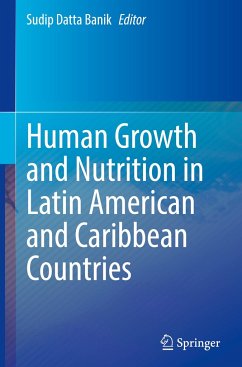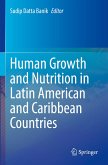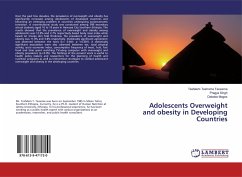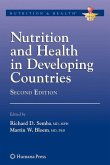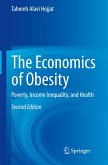This book analyzes biological and sociocultural factors that influence nutritional status, physical growth, development and maturation of children and adolescents in Latin American and Caribbean (LAC) countries in the perspective of human ecology. Chapters in this book bring together both theoretical and empirical studies that take into account human biological and environmental conditions to understand how ethnic diversity, culturally determined lifestyle and dietary habits influence biological variation of human growth and nutrition in nine LAC countries: Argentina, Brazil, Chile, Cuba, Dominican Republic, El Salvador, Guatemala, Mexico, and Peru.
The book is divided into three sections. Chapters in the first section analyze nutritional and epidemiological aspects of child growth in the region. Articles in the second section focus on methods to evaluate human growth, development, and maturation. Finally, the third section brings together a series of studies representing different LAC countries, analyzing biocultural impacts on child growth and nutrition. By bringing together studies about the relationship between human biology, cultural diversity, nutrition and health in a region with huge environmental challenges, this volume addresses many of the challenges to achieve the United Nation's Sustainable Development Goals 2 (Zero Hunger) and 3 (Good Health and Well-Being). Chapters in this volume present and discuss data on the effects of malnutrition on children's and adolescent's health and development, such as chronic undernutrition or stunting (growth deficit) and excess weight (overweight and obesity) as the risk factors for child morbidity and mortality m due to non-communicable diseases.
Human Growth and Nutrition in Latin American and Caribbean Countries will be a valuable resource for both students and researchers in different disciplines dedicated to the interdisciplinary research on the intersection betweenhuman biology, cultural diversity, nutrition and health. It will also be a useful source of information for both health professionals and policy makers developing and implementing interventions and public policies to achieve UN's SDGs 2 and 3, particularly in the LAC regions.
The book is divided into three sections. Chapters in the first section analyze nutritional and epidemiological aspects of child growth in the region. Articles in the second section focus on methods to evaluate human growth, development, and maturation. Finally, the third section brings together a series of studies representing different LAC countries, analyzing biocultural impacts on child growth and nutrition. By bringing together studies about the relationship between human biology, cultural diversity, nutrition and health in a region with huge environmental challenges, this volume addresses many of the challenges to achieve the United Nation's Sustainable Development Goals 2 (Zero Hunger) and 3 (Good Health and Well-Being). Chapters in this volume present and discuss data on the effects of malnutrition on children's and adolescent's health and development, such as chronic undernutrition or stunting (growth deficit) and excess weight (overweight and obesity) as the risk factors for child morbidity and mortality m due to non-communicable diseases.
Human Growth and Nutrition in Latin American and Caribbean Countries will be a valuable resource for both students and researchers in different disciplines dedicated to the interdisciplinary research on the intersection betweenhuman biology, cultural diversity, nutrition and health. It will also be a useful source of information for both health professionals and policy makers developing and implementing interventions and public policies to achieve UN's SDGs 2 and 3, particularly in the LAC regions.

